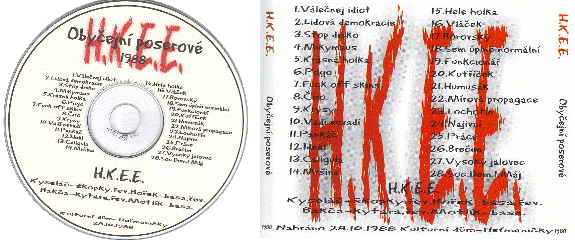As a professional, it is essential to understand the nuances and differences between different legal agreements. In this article, we compare and contrast two distinct legal agreements: an award and a registered agreement.
An award is a legally binding agreement between an employer and an employee or group of employees. It sets out the terms and conditions of employment, including pay rates, working hours, leave entitlements, and dispute resolution processes. Awards are created by Fair Work Australia or a relevant state or territory tribunal.
A registered agreement, on the other hand, is an agreement negotiated between an employer and employees (or their union representative) and registered with the Fair Work Commission. Registered agreements can be enterprise agreements, which cover a particular business or group of businesses, or industry agreements, which cover workers across an entire industry. These agreements can cover a broad range of employment conditions, including pay rates, working hours, leave entitlements, and dispute resolution processes.
One significant difference between an award and a registered agreement is the process of negotiating and implementing them. Awards are created and imposed by the relevant tribunal, which sets out the terms and conditions that employers must comply with. On the other hand, registered agreements are negotiated between employers and employees (or their union representative), and the conditions are agreed upon mutually.
Another crucial difference is the flexibility offered by each agreement. Awards are designed to be a one-size-fits-all solution, meaning that employers cannot vary the terms and conditions set out in the agreement. In contrast, registered agreements offer greater flexibility, as employers can negotiate the terms and conditions directly with their employees. This means that registered agreements can better reflect the specific needs of a business or industry.
Both awards and registered agreements have their benefits and drawbacks. Awards offer a minimum safety net of conditions and provide standardization across industries. However, they may not accurately reflect the specific needs of a business or industry. Registered agreements, on the other hand, can be tailored to meet the specific needs of a business or industry but can be more complex and take longer to negotiate.
In conclusion, awards and registered agreements are two distinct legal agreements that cover employment conditions. While awards are created and imposed by the relevant tribunal, registered agreements are negotiated between employers and employees (or their union representative). Each agreement has its benefits and drawbacks, and the best course of action will depend on the specific needs of a business or industry.






 Publikováno v kategorii Nezařazené
Publikováno v kategorii Nezařazené